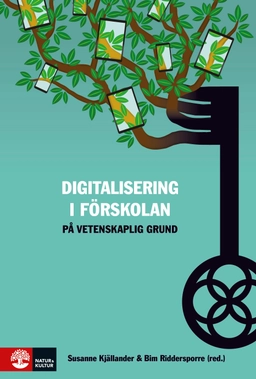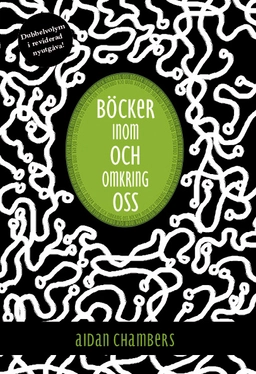

Women's employment in Europe : trends and prospects
- Utgiven: 1999
- ISBN: 9780415198530
- Sidor: 368 st
- Förlag: Routledge
- Format: Inbunden
- Språk: Engelska
Om boken
Åtkomstkoder och digitalt tilläggsmaterial garanteras inte med begagnade böcker
Mer om Women's employment in Europe : trends and prospects (1999)
1999 släpptes boken Women's employment in Europe : trends and prospects skriven av Jill Rubery. Den är skriven på engelska och består av 368 sidor. Förlaget bakom boken är Routledge.
Köp boken Women's employment in Europe : trends and prospects på Studentapan och spara pengar.
Referera till Women's employment in Europe : trends and prospects
Harvard
Oxford
APA
Vancouver



















